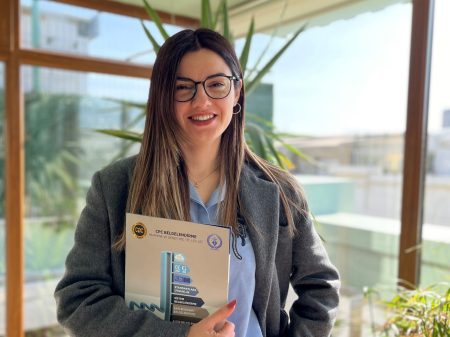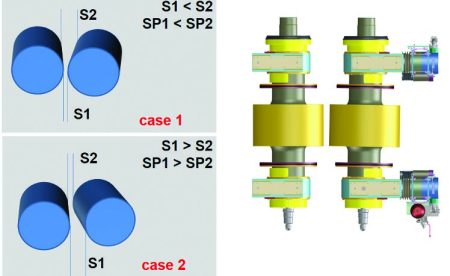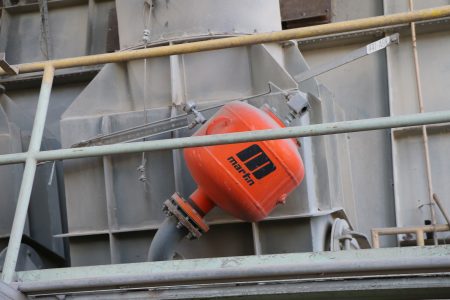Uğur GEDİK
General Manager
CPC Belgelendirme
Until now;
-TS EN 197-1 General Cement- Part 1
-TS EN 14647 Calcium Aluminate Cement
-TS EN 413-1 Masonry Cement
-TS EN 14216 Low Heat Special Cements
-TS EN 15743 Supersulfated cement
This harmonised standards provided the safe product criteria for cement types by using CE marking
Manufacturers produced their products by using these harmonised standards up to day. Innovative product working with alternative raw material or products, deviation from standards, were not standardised by cement sector.
In practice; allowed ratios were used on condition that they hold by harmonised standards despite using alternative raw materials and components.
Despite more economical, important usage of above limited ratios or undefined raw material, component in harmonised standards were not used or standardised.
In cement sector, there are lots of sub-products and Technical Approval is the only way according to the regulations for using them. By using these sub-products, they should not evaluate within the scope of CE marking and Notified Bodies should not approve them.It is important that Notified Bodies should make their inspections effectively to avoid of unnoticed wrong CE marking
But in European Union countries;
– Calcium Sulphoaluminate based Cement
– High strength cement
– Refractory cement made up of calcium aluminates and alumina-rich minerals with high compressive strength at high temperatures
– Rapid hardening sulfate resistant calcium sulphoaluminate cement
– Rapid setting cement
These types of products have European Technical Assessment (ETA) issue, European Assessment Document (EAD) development and CE marking are used for cement products.
By year 2016, In Turkey;
– High Strength Cement
– Calcium Aluminate Cement With Mineral Additive
– Self Cleaning and Air Cleaning Cement
These products’ European Assessment Document (EAD) development were started for European Technical Assessment (ETA) issue. After EAD working, ETAs will issue then products will obtain CE marking and they will put on the market as safe product.
Cement manufacturers have to obtain National Technical Approval in Turkey and obtain ETA-European Technical Assessment in European Union countries for their innovative products.
National Technical Approval:
National Technical Approval is a document, If a product has not a harmonized standard or deviates from a harmonized standard; is a prototype or is being combined, National Technical Approval is given.
CPC Certification Inspection and Testing Services Company has authorisation of “Technical Approval Body” within the scope of “Directives About Construction Products Subjected to Criterias” according to 31.12.2015 dated and 25579 numbered official gazette by Republic of Turkey Ministry of Environment and Urbanisation. CPC’s identity number is 008 for “G” marking.
ETA (European Technical Assessment)
The European Technical Assessment (ETA) is a document for providing information about the performance of a construction product, to be declared in relation to its essential characteristics. The ETA is valid in all 28 European Member States, European Union Economic Area, Switzerland and Turkey. ETA is provided in the Construction Products Regulation (305/2011/EU) entered into force on 1st of July 2013. The product, obtained the ETA, marks with CE and it can be easily marketed in the European Market.
If a product is not or not fully covered by any harmonised technical specification such as European Assessment Documents (EADs) or European Standards (hENs) or covered by a European Assessment Document (EAD), an ETA can be prepared and it can be easily marketed in the European Market with marking CE.
CPC Certification Inspection and Test Services Company is the only one representer company, published on EU Commission official gazette NANDO scope of Construction Products Regulations 305/2011/ EU, in Turkey.






